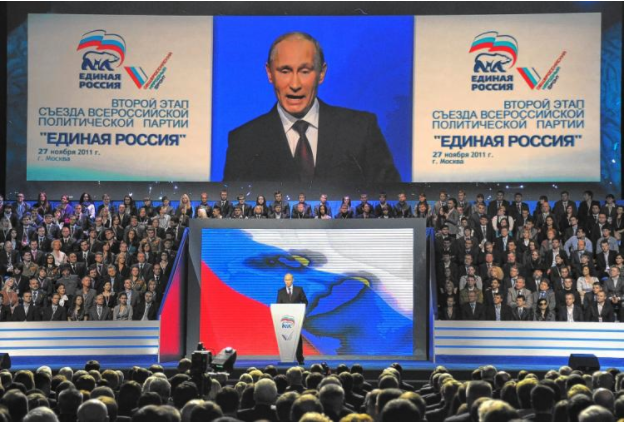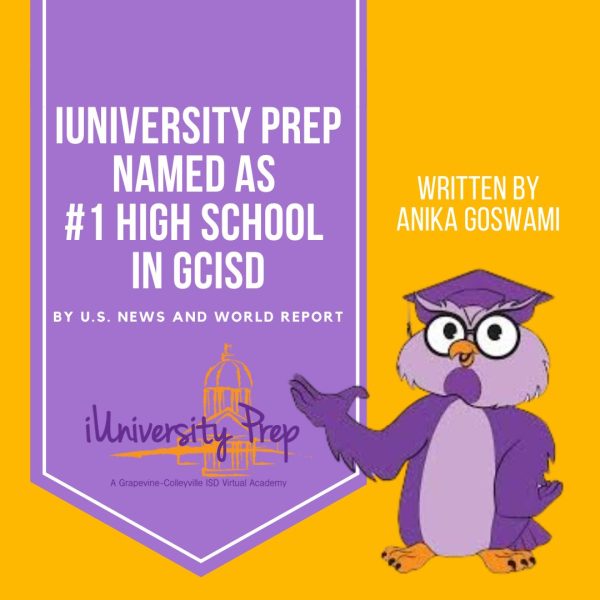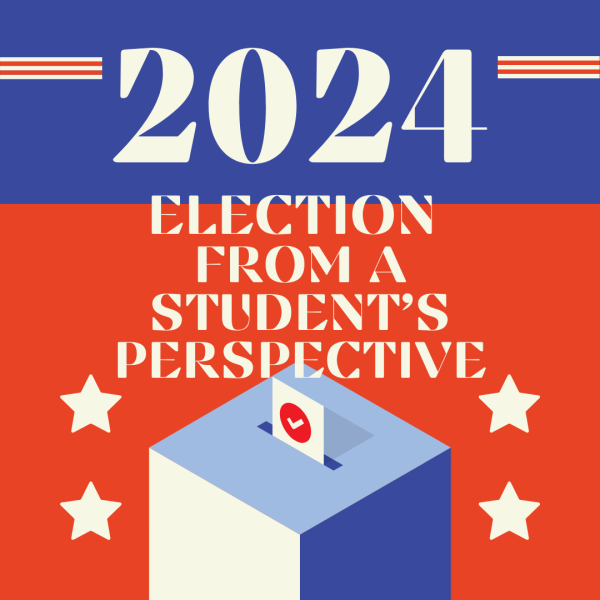RUSSIAN ELECTION
Here is an official unofficial candidates guide!
Since 2000, Russian presidential elections have become notorious for accusations of fraud and corruption, and this year’s event seems to be more of the same. Ever since he entered the scene in 1999, Vladimir Putin has dominated Russian politics, winning every election he’s competed in. This year, he’s still the predicted favorite to win, despite drawing in seven major rivals from opposing parties. Although Putin’s usual rivals are running, such as the Communists of Russia and Liberal-Democratic Party, this year’s lineup includes two surprise powerhouses in Pavel Grudinin and Ksenia Sobchak.
Grudinin, a strawberry magnate, heads the ticket of the Communist Party. Although he has polled higher than most third-party candidates, he has attracted criticism for being a capitalistic billionaire on a communist ticket. Grudinin’s popularity is attributed primarily to a bulwark of younger voters who, not having experienced life in the Soviet Union, are more likely to vote communist than their elders, making his bid similar in some ways to Sander’s 2016 election bid.
Sobchak, a TV producer heading the Civil Initiative ticket, runs a campaign that many in the US would find to be all-too familiar. A free-market capitalist in favor of privatization, Sobchak attracts a disproportionate amount of media coverage for her bold statements and opinions. Running under the slogan “Sobchak Against All”, her platform is massively Western, with emphasis on women’s rights and national patriotism. Although she doesn’t poll as well as Grudinin, her media popularity and bold personality gives her campaign style a Trump-esque feel.
Finally, there’s Putin, three-time incumbent president of the Russian Federation. Although he’s been nominated by the dominant United Russia party, he has elected to run as an independent this year. Putin’s platform will continue to focus on Russia’s growth as a world power, and pushes for a more multinational approach to peacekeeping, as opposed to the current model under which the U.S. dominates the field. As usual, he polls higher than any other candidate, and has faced multiple accusations of corruption and obstruction of democracy, especially concerning his actions resulting in the detainment and subsequent ineligibility of opposition leader Alexi Navalny, his biggest rival. In general, he campaigns to continue the progress currently being made, and his appeal to those who support the current direction Russia is heading joined with his impressive popularity and polling power marks a parallel to Clinton’s campaign in 2016.
Despite the many challengers to Putin’s position this cycle, turnout may be the biggest factor affecting this election. Only 65% of the population voted in the 2012 elections, and due in part to boycotts lead by leaders such as Navalny the turnout for 2018 is expected to be less than 50% of the population. This could pose a huge problem for Putin if elected, as a record low turnout would damage his credibility as a respectable world leader, undermining his position.
Although there have been many notable examples of surprise election results in recent years, most of the world agrees that there is little reason to suppose that a similar result will occur here. In the end, most experts agree that Putin will win this election easily. For many of the people of Russia, the election seems like little more than a formality at this point, with Putin’s supporters confident of a reasonable victory and Putin’s opponents equally confident of the impossibility of their task.
Credits:
http://www.theweek.co.uk/russia/91430/who-s-who-in-russia-s-presidential-electionhttps://www.teneoholdings.com/insights/putin_plans_re-election_on_great_power_platformhttp://www.bbc.com/news/world-europe-42948866







